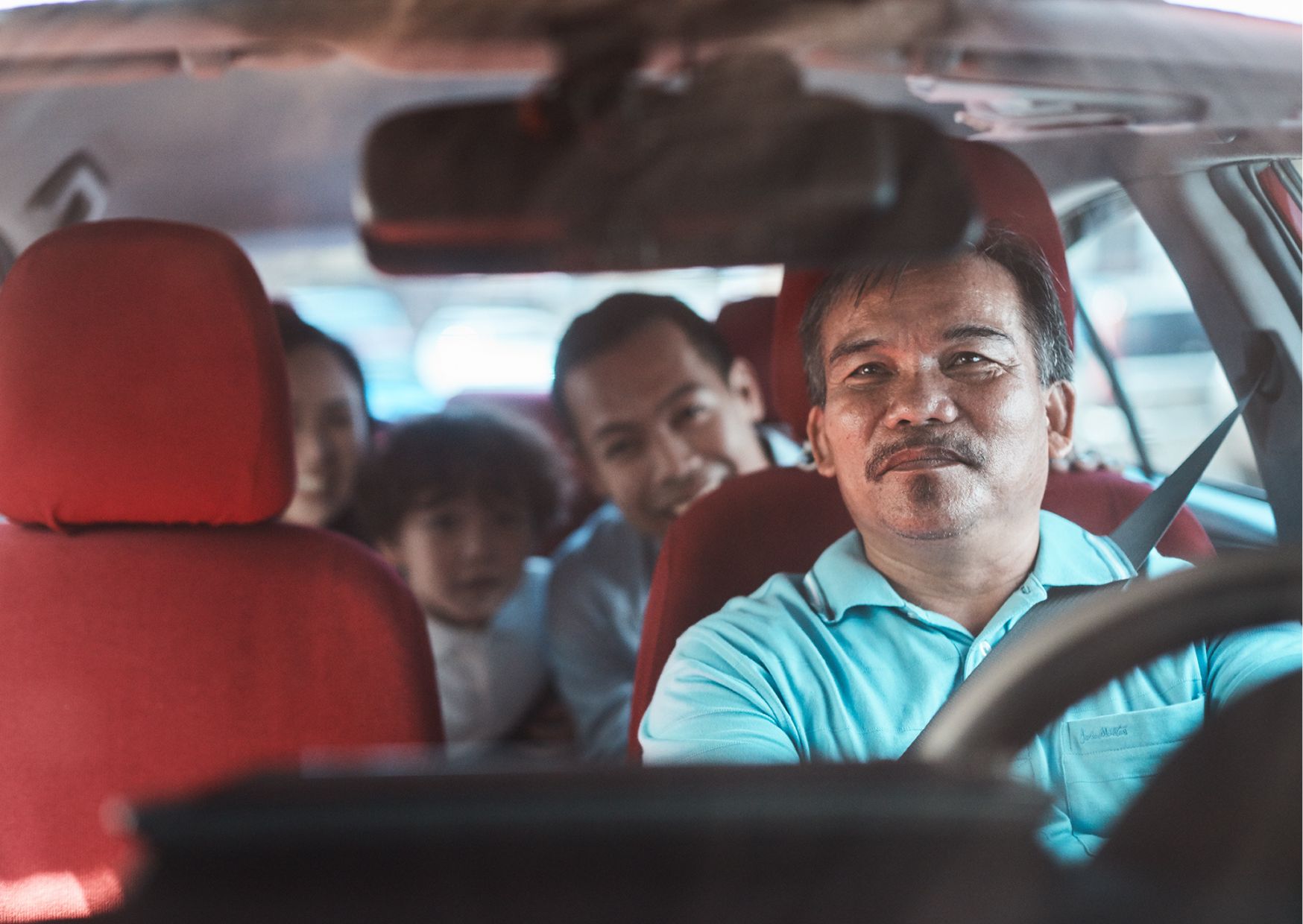
With global fuel prices on the rise, Grab Philippines is implementing a nationwide resilience strategy to support its transport community while collaborating closely with government agencies to safeguard sector stability and commuter access.
“As fuel costs continue to rise, we are taking a comprehensive approach to protect our partners and ensure reliable, affordable mobility for Filipinos,” said Ronald Roda, Managing Director of Grab Philippines. “Through immediate interventions and long-term initiatives, we aim to build a more stable and future-ready transport system.”
At the core of Grab’s short-term response is the Fuel Resilience Package, targeting its most active driver- and rider-partners. This includes exclusive fuel discounts through partner stations, enhanced trip-matching capabilities via GrabMaps, and in-app features designed to improve fuel efficiency.
The company is also working with the Department of Transportation (DOTr) to explore mechanisms for direct fuel subsidies to drivers in the TNVS and motorcycle taxi segments, potentially distributed through the GrabPay platform.
In addition to helping driver-partners manage operational costs, Grab continues to offer cost-effective solutions for passengers, including GrabCar Saver and GrabUnlimited, its subscription model that delivers consistent savings on rides and deliveries.
Looking beyond immediate concerns, Grab is deepening its electric mobility push. Recent milestones include the launch of GrabTaxi Electric in Metro Manila, with further expansion on the horizon. These efforts complement—not replace—the existing fuel ecosystem, with a focus on long-term energy diversification.
“This is about securing the future of Philippine mobility,” Roda said. “While we continue to rely on traditional fuel partners, we are also preparing for a broader energy landscape by introducing EV options that benefit both drivers and commuters.”
Grab’s commitment is rooted in over a decade of providing access, creating livelihood opportunities, and improving urban logistics. Its resilience strategy reflects a broader ambition: to combine technological innovation with public-sector collaboration in navigating current challenges and preparing for future disruptions.
“We cannot control global fuel markets, but we can define how we respond,” Roda added. “Grab remains committed to protecting livelihoods while advancing a more resilient and inclusive transport future.”




